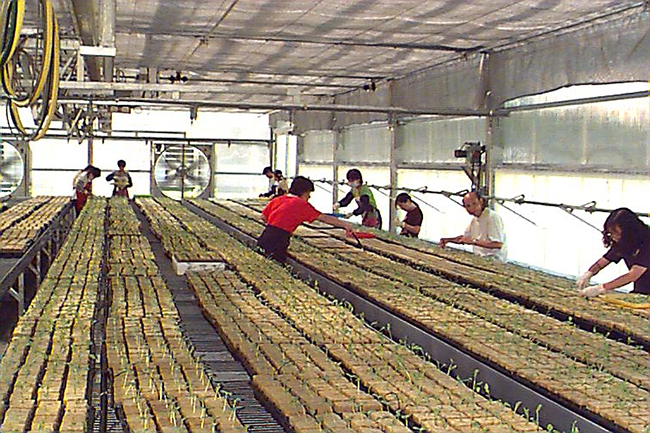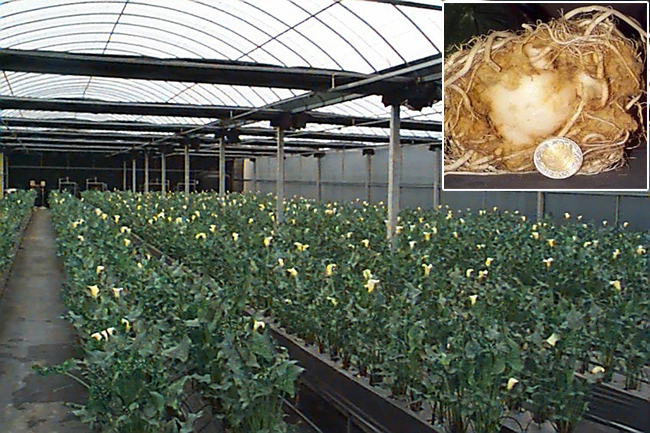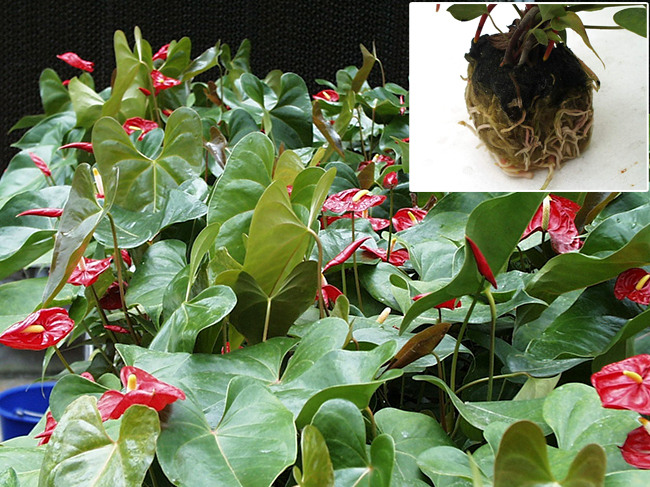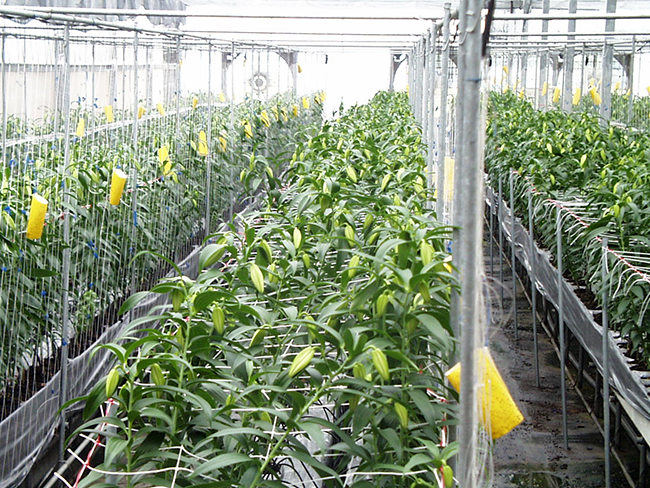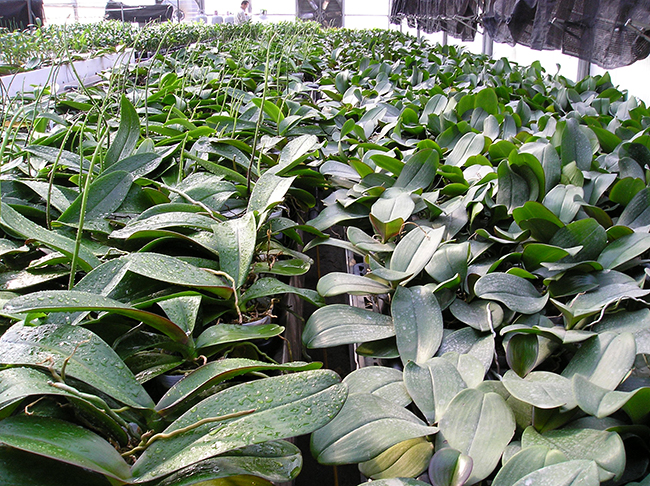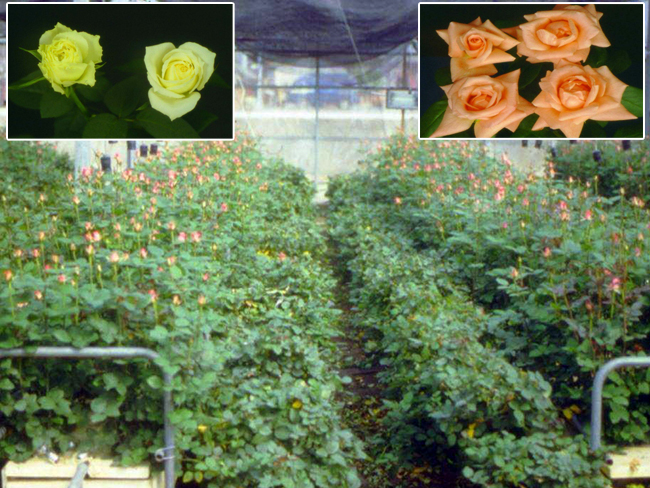The development of an ideal nutrient solution culture technique for crop production requires a greenhouse equipped with well-designed facilities, including hardware, solution-delivery pipelines and software. Knowledge of crops, crop variety, growth stages and climatic needs are important for the successful development of appropriate nutrient solution recipes for the production of greenhouse crops. In addition, it also requires the application of techniques for the use of nutrient solutions, and the ability to monitor the varied problems associated with the production of many different crops. Thus, the successful application of nutrient solution techniques for crop production requires the close cooperation of specialists, including horticulturists, plant pathologists, entomologists, agricultural engineers and others.
Nutrient Solution Culture for Crop Cultivation
2016-01-29
UPDATE:2016-02-02 10:58:00


